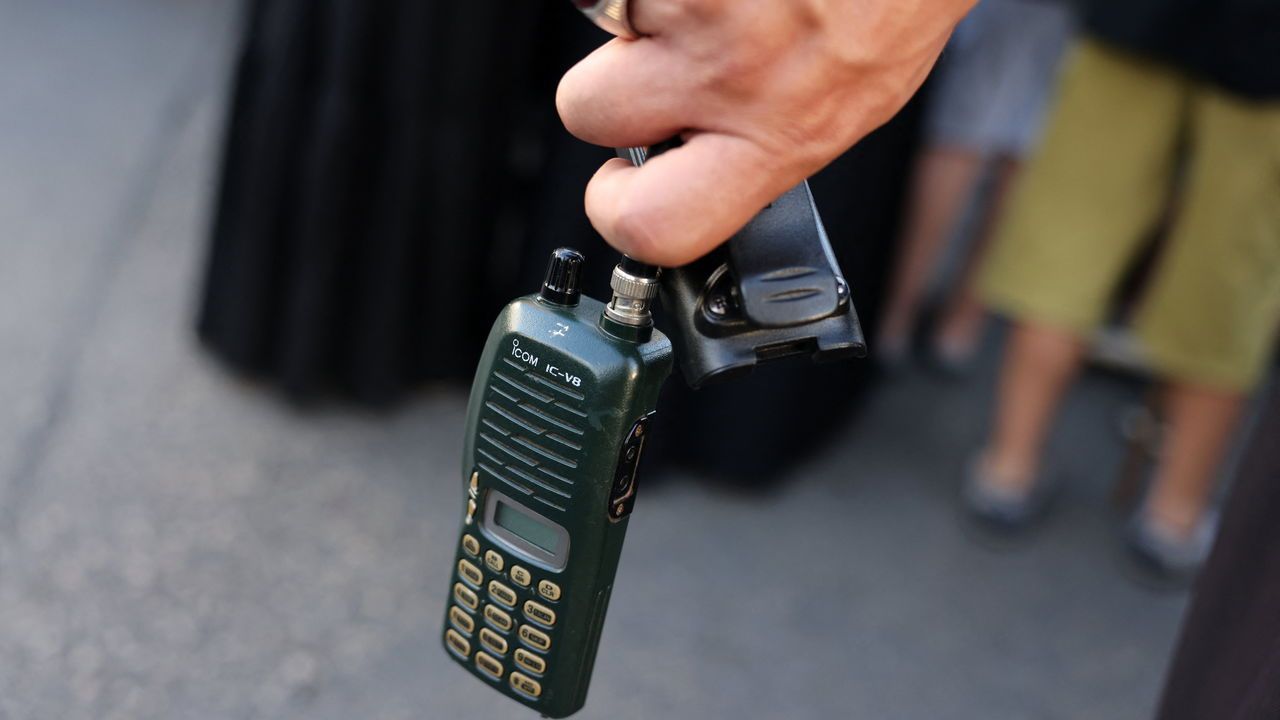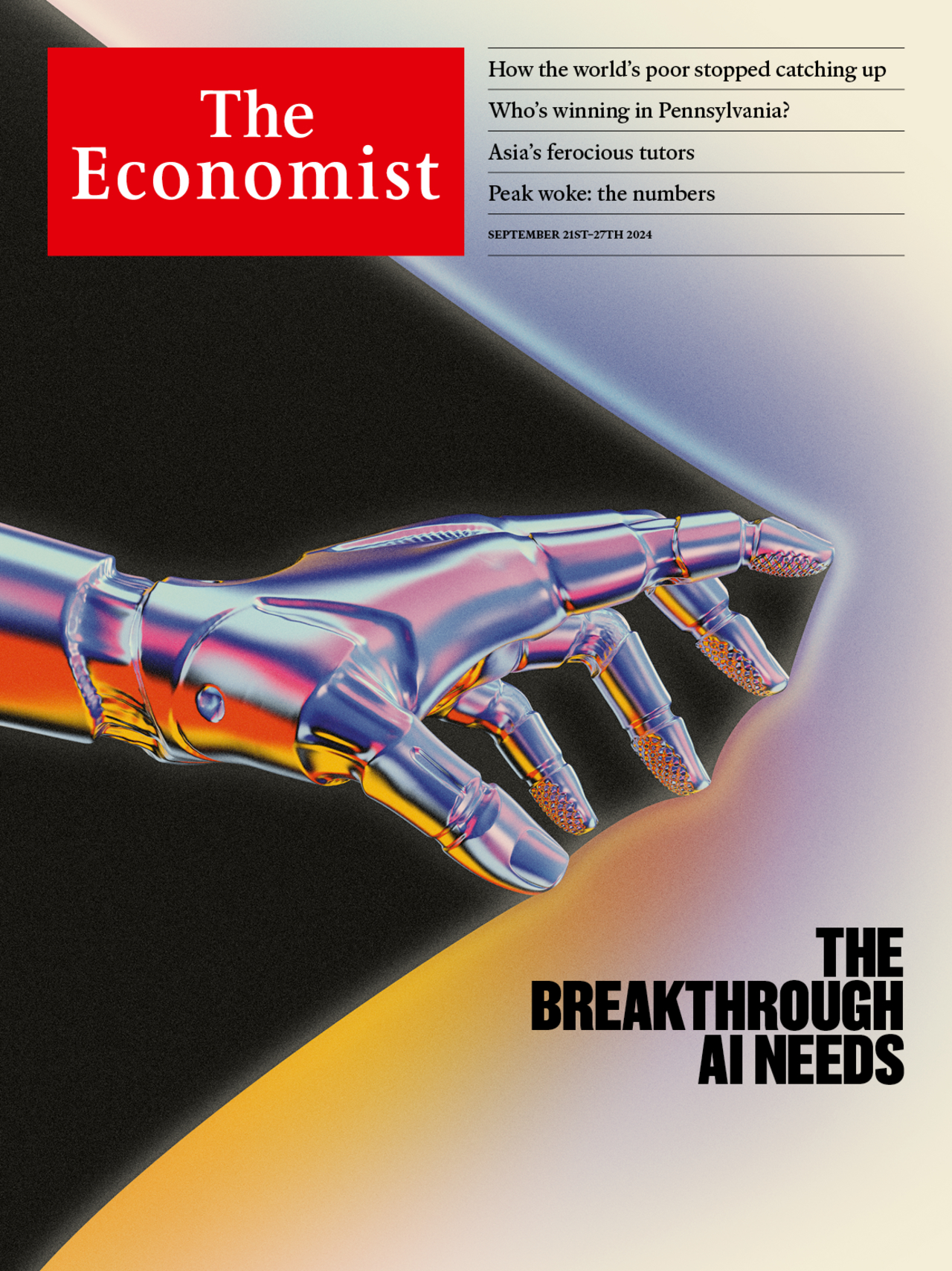What to read about modern feminism
An introduction to a large, evolving and controversial subject

FEMINISTS HAVE a basic belief: that men and women are in all important respects equal. But getting people, especially men, to accept that truth and act on it has been the work of centuries. Feminists have made the case through activism, politics, economics, journalism and art. The work is unfinished. Western feminist theory has divided the movement’s history, and writing about it, into “waves”. In this interpretation feminism began in the late 1840s with the campaign for women’s suffrage in America. The second wave came in the 1960s with the call for women’s “liberation” and equality under the law. A third wave in the 1990s was more rebellious than reformist, more anarchically individualistic than disciplined and legalistic. Some think we are in the midst of a fourth wave, sustained by the internet and social media; the #MeToo movement, which calls out sexual misconduct by powerful men, is its characteristic expression.
The Economist reads September 21st 2024
Discover more

Books that probe the secrets of the Mossad
Seven books on Israeli intelligence agencies, which are spearheading the offensive against Hizbullah in Lebanon

An introduction to Lebanon, perhaps the next front in a wider war
Four books and a film on a pivotal Middle Eastern country

How Christianity shapes politics in America
Four books and a podcast explain a complicated relationship
What to read about the British economy
Britain used to be the world’s richest country. These six books explain how it came to be, and why it is no longer
Six novels about India, perhaps the world’s most interesting place
Works of fiction about a country whose global clout, already large, is growing
Six novels you can read in a day
Reluctant to start on a big masterpiece? Try these small gems instead
